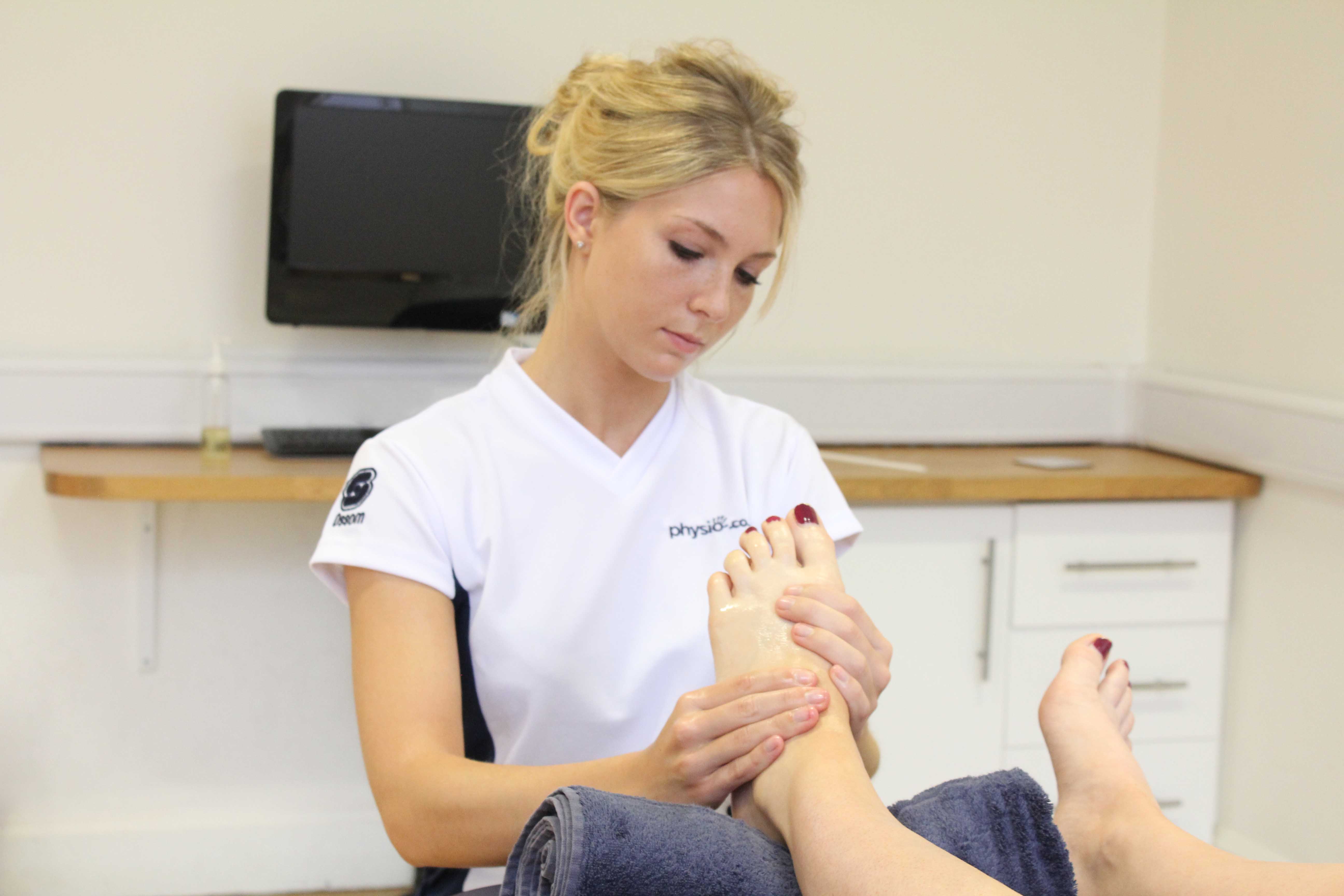nalco group
bone, muscle & joint pain physio
BOOK NOW / WHATSAPP ABOUT YOUR PAIN OR INJURY
- ORCHARD 400 Orchard Road #12-12 Singapore 238875
- TAMPINES 9 Tampines Grande #01-20 Singapore 528735
- SERANGOON 265 Serangoon Central Drive #04-269 Singapore 550265
Home > Blog > Physiotherapy > Conditions By Symptoms > Joint Locking
Joint Locking
Joint locking can occur at any joint but most commonly the knee. This is where something prevents the joint from moving freely.
This can be due to a hard block or to pain which prevents the individual from moving the joint.
Unfortunately there may not even be an identifiable cause without medical
assessment as this can be due to wear and tear of joints over a period
of time with no real injury mechanism.
Causes of Joint Locking
There are a few reasons as to why a joint may lock. ‘True Locking’ is when a joint locks and can only be freed with manipulation and movement of the joint to clear the blockage. The causes of joint locking can include:
- Foreign object blocking the joint such as cartilage
- Pain preventing the individual moving it
- Swelling
These causes can prevent an individual from participating in normal activities of daily living and sport. This locking can quite often accompanied by other symptoms such as pain, swelling and heat, adding to the restriction of movement. It is advisable that a comprehensive joint assessment is done to investigate the cause.

Specialist senior physiotherapist releasing impingement of the metatarsal joints
Physiotherapy and Joint Locking
Our senior physiotherapists are experienced health care professionals who specialise in musculoskeletal injuries making them the ideal professionals to book an appointment with for an assessment.
They will provide a high quality service which is individually tailored to meet the needs of the patient.
A customized physical therapy program will either be devised with the expert knowledge and skills of the physiotherapist or a referral to an additional service if appropriate, such as an orthopaedic consultant for further investigations, including x-rays and scans.
What Physiotherapy treatments can be expected for Joint Locking?
Dependent upon the reason for the joint locking will depend upon the treatments which are given by the Physiotherapists. Some of the treatments may include:
- Pain Management
- Electrotherapy such as ultrasound therapy and radio-frequency Indiba physiotherapy
- Cold therapy
- Heat therapy
- Manual therapy
- Computerized spinal decompression traction
- Stretching
- Strengthening Exercises
- Joint mobilization and manipulation
- Range of Movement Exercises
The outcome of the initial assessment will influence the choice of
treatments used by our experienced senior physiotherapists.
Summary
Joint locking can prevent an individual from participating in their normal activities of daily living which can be frustrating.
Our senior physiotherapists will work with patients directly and one-to-one providing a high quality service and comprehensive assessment to identify the source of the problem. They will then work alongside the client to develop an appropriate individual treatment plan as necessary.
For an expert opinion please contact us to arrange an appointment with an experienced senior physiotherapist today.
